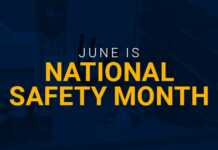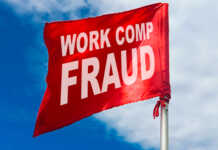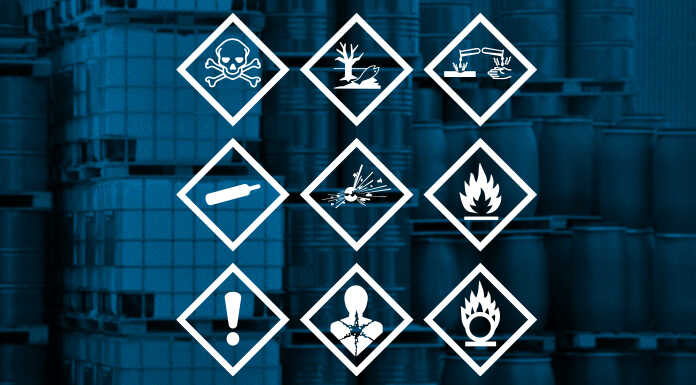According to the Occupational Safety and Health Administration (OSHA), chemical exposures cause thousands of employees to become ill every year in the United States, and it is thought that 50,000 people die every year due to the long-term effects of chemical exposures in the past.
Chemicals are a big part of our daily lives, whether at work, home, or play. Examples include toxins, corrosives, solvents, and various other substances. As long as the required precautions are taken, these substances can be handled safely. Let’s talk about the ABCs of chemical safety – a simple 3-step process to lower chemical risk and enhance workplace safety.
A – Assess and account for all chemicals
B – Be ready for spills
C – Controlling chemical hazards
Assess and account for all chemicals
To properly assess your chemical hazards, start with an accurate inventory of your chemicals and obtain an up-to-date safety data sheet (SDS) for each chemical to identify the chemical hazards. Classify the chemical as a carcinogen, reproductive or acute toxin, and ensure proper storage of the chemicals. Identify gaps in safe chemical handling and train employees on all present chemical hazards.
Be ready for spills
Have a plan and procedure in place for responding to chemical spills. Ensure that every employee is aware of the strategy, knows where the spill kits are located in the workplace, and is capable of containing a spill if necessary.
Controlling chemical hazards
The Hierarchy of Controls is a concept for implementing practical and effective controls of hazards in the workplace. When a chemical hazard is identified in the workplace, controls need to be put in place to manage the potential risk to workers who interact and work around the hazard.
The five Hierarchy of Control concepts are:
- Elimination – eliminating the chemical hazard completely.
- Substitution – replacing a chemical hazard with another that is of lower risk.
- Engineering controls – adding a barrier between workers & chemical hazards or reducing hazardous conditions. Natural ventilation, local exhaust ventilation, and containment are the three general types of engineering controls for chemical hazards.
- Administrative controls – changing workplace practices to reduce exposure.
- Personal Protective Equipment (PPE) – protecting workers from chemical hazards with PPE.
Even though you must control every risk and hazard identified, it’s practically impossible to do them all at once. As a result, the priority of control measures should be determined by the level of danger to workers, property, and the environment.
Need assistance with your chemical safety program? ICW Group offers a HazCom Employer’s Guide that you can utilize to document chemicals in the workplace, the associated hazards, and the proper methods of controlling those hazards. The guide includes a training component designed to provide employees with proper training on how to remain safe when working with hazardous chemicals.

















